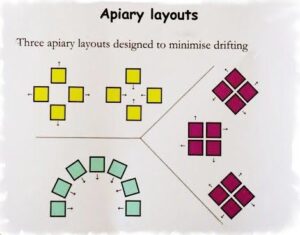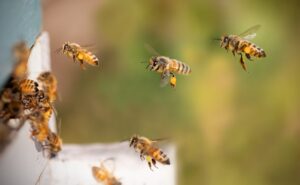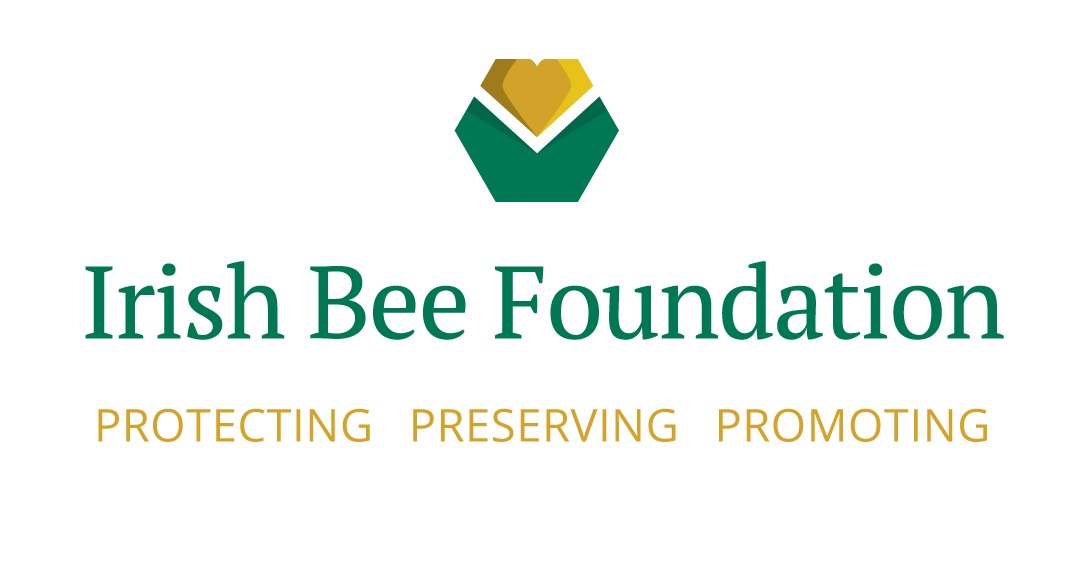When starting, practical considerations are key. First, decide where to place your hives to avoid disturbing neighbours or animals nearby. Once you’ve sorted your hive location, consider how comfortable you feel working with bees and whether you can set aside an hour each week for hive inspections.

For complete beginners, reading up on beekeeping is essential. Familiarise yourself with beekeeping terminology, so that when you take a course (such as those offered by the Irish Bee Foundation), you’ll feel prepared to dive in. Honeybees have been studied for centuries, yet there is still much to learn about these fascinating insects, which have been cared for by generations of beekeepers.

Becoming a ‘Beekeeper’—not just a ‘Keeper of Bees’—requires understanding that these are living creatures needing attentive care. A training course provides crucial guidance on best practices, so you can avoid common pitfalls and build confidence. By joining a local beekeeping course with the Irish Bee Foundation, you’ll also meet a supportive community of like-minded enthusiasts.
What is Beekeeping All About?
A journey into understanding bees, habitats, pollinators, pests, and the rhythms of our climate.
Getting Started
Practical things to consider when going into beekeeping.
Beekeeping in the Irish Climate
How to ensure that your study guides are aimed at the correct climate.
Practical Inspection Tips
Handy practical things to be considered when you start your beekeeping journey
Occupants of a Hive
What types of bees are there in a honeybee colony?
Pollen & Nectar – Sources and Purpose
Understanding the main requirements of honeybees – pollen, nectar, water and propolis.
